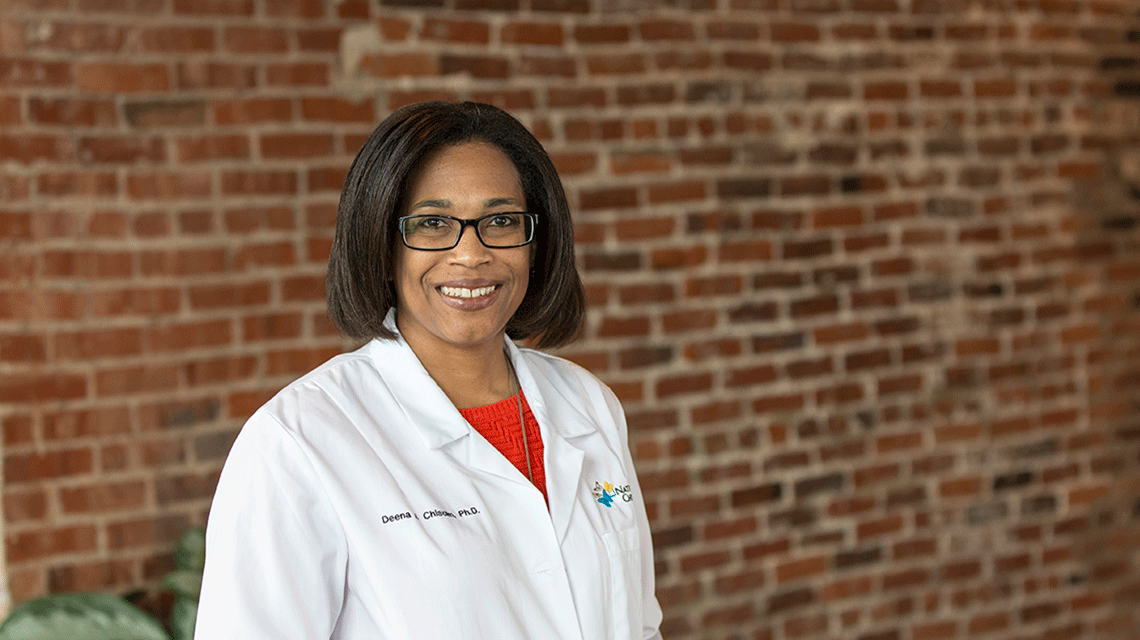Let’s Talk About Having “The Talk”
Let’s Talk About Having “The Talk” https://pediatricsnationwide.org/wp-content/uploads/2019/05/062615ds3218_header-1024x575.jpg 1024 575 Sarah Saxbe, MS, MSW, LISW-S https://pediatricsnationwide.org/wp-content/uploads/2021/03/Sarah-Saxbe.jpgKnown famously as “the talk” due to its taboo nature, the conversation with children about healthy sexual practices is often considered daunting for many parents, but this conversation doesn’t have to be difficult. Practicing open communication and being honest with children can lead to positive conversations about reproductive health that educates kids so they make…








